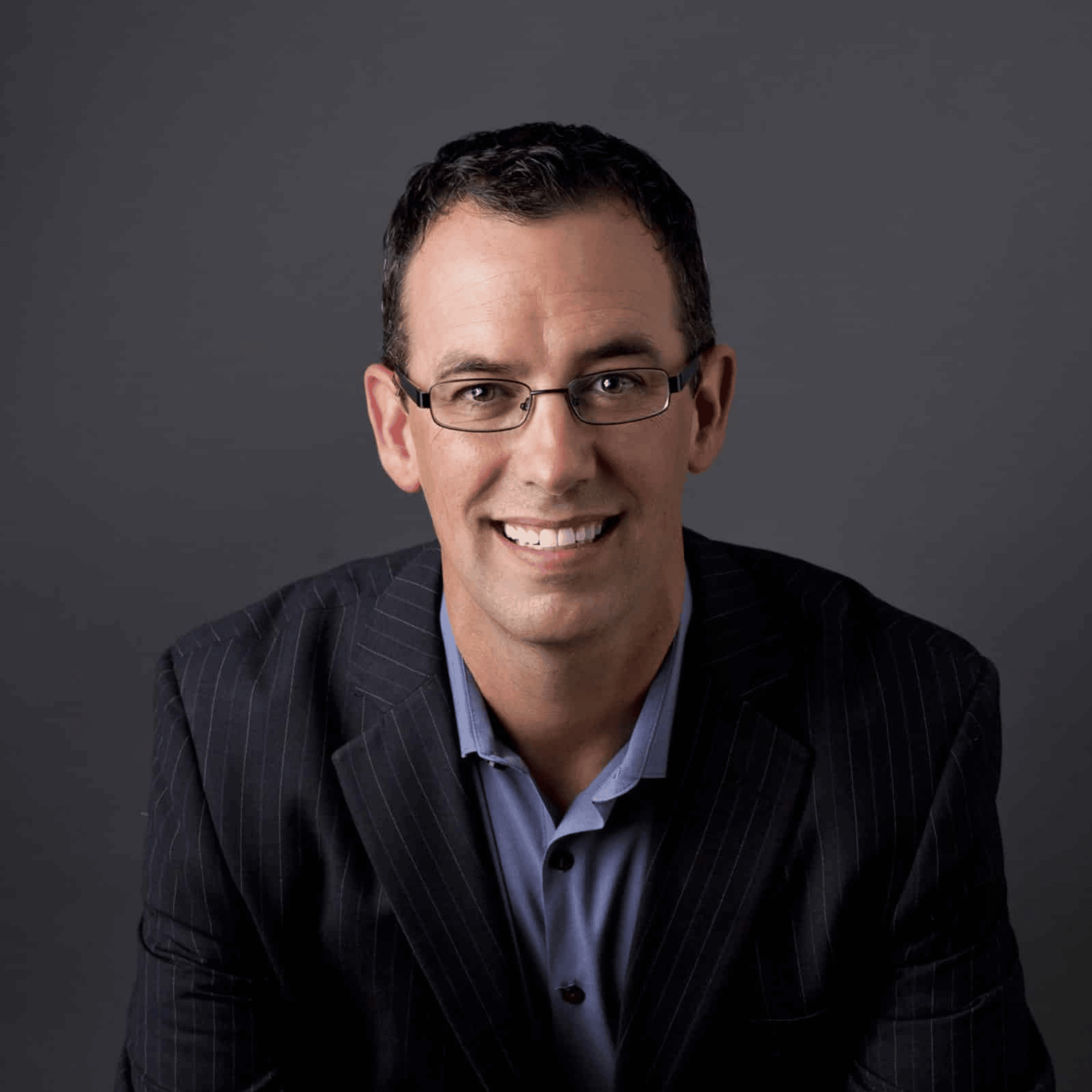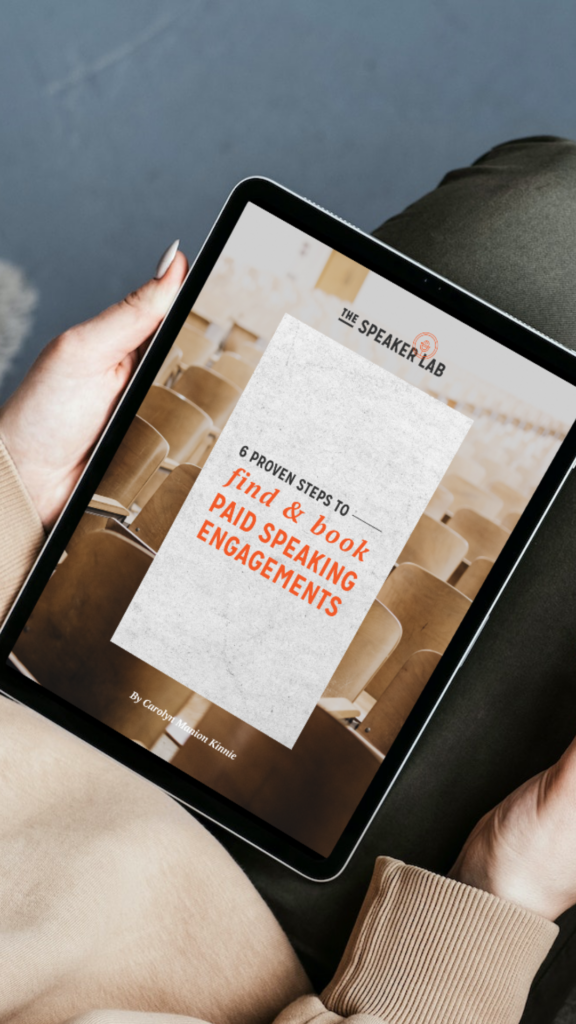“The act of you and I exchanging contact information raises the standard that there is going to be a follow up…You want to make that connection and set the expectation right then and there.”
Ever left a conference buzzing, only to watch that excitement fizzle when it comes to follow-up? This live coaching session from The Speaker Lab pulls back the curtain on how pros turn event momentum into real speaking business.
Facilitator Erick Rheam teams up with speakers Bridget Quigg and Shannon GaNun for a candid conversation about what works and what doesn’t in post-event follow-up. Bridget shares her frustration when promising leads go silent, and Erick offers simple, practical advice: always exchange contact info in person, set clear expectations for next steps, and don’t rely on LinkedIn or mass attendee lists. Real business starts with real, personal connections.
Shannon’s question on breaking into corporate gigs leads to another golden nugget: you don’t need a hard pitch. Just mention that you’re available for future engagements. Those off-the-cuff invitations can turn warm applause into future bookings.
Above all, this episode is a reminder that success as a speaker lies in small tweaks, human conversations, and showing up consistently. Don’t overcomplicate it, be approachable, follow up promptly, and seize opportunities. Listen in and learn how to make every gig and every follow-up count.
You’ll learn:
- Using a consistent methodology various length talks
- Authentic, conversational human interactions on stage
- Overcoming fear of forgetting points during live presentations
- Leaning into your professional background and network for focus areas
- Effective follow-up strategies after events
- Turning custom items into repeatable assets
- On-stage call-to-action practices
- The SPARK framework (Statistic, Picture, Anecdote, Real-life story)
- The importance of practicing
- And much, much more!
“I believe everybody was created for a unique purpose. And until we learn how to communicate clearly, concisely and confidently, we’ll never be able to fulfill that purpose.”


